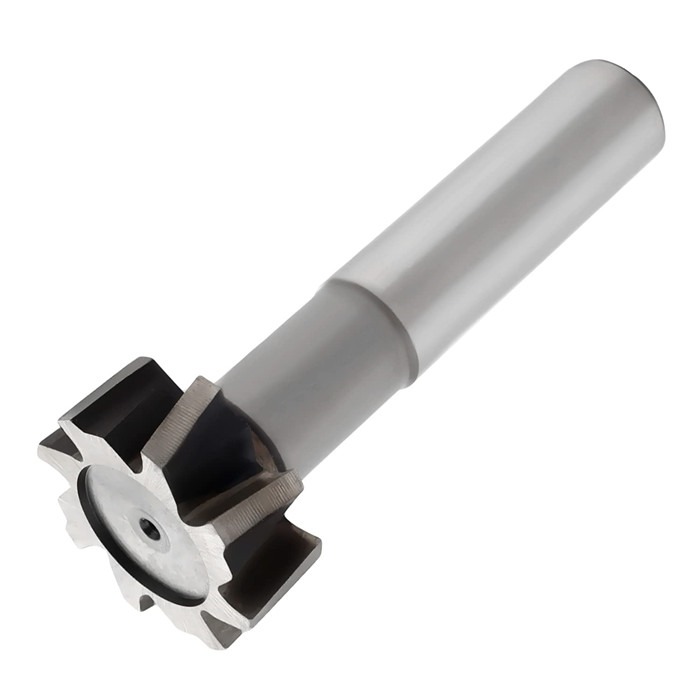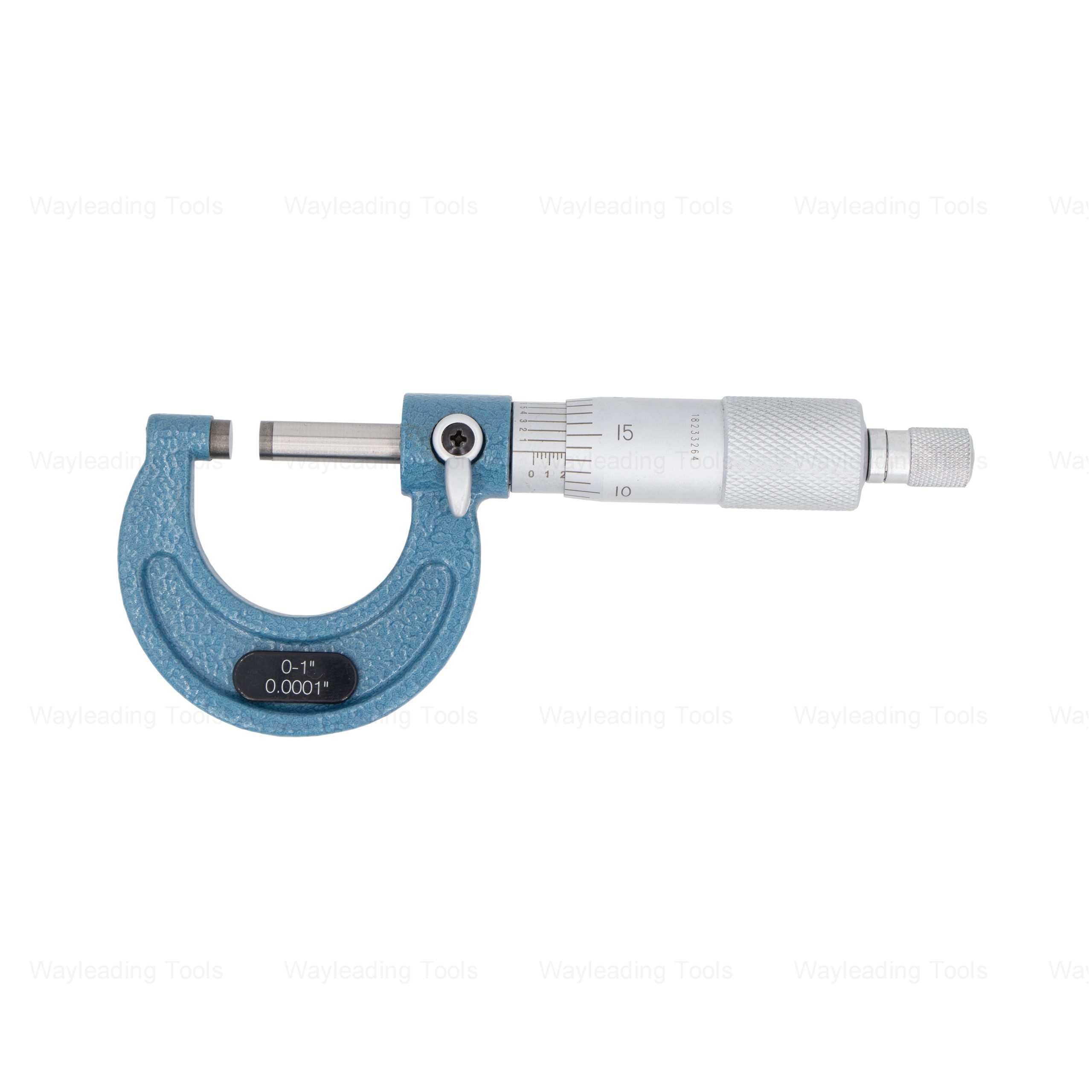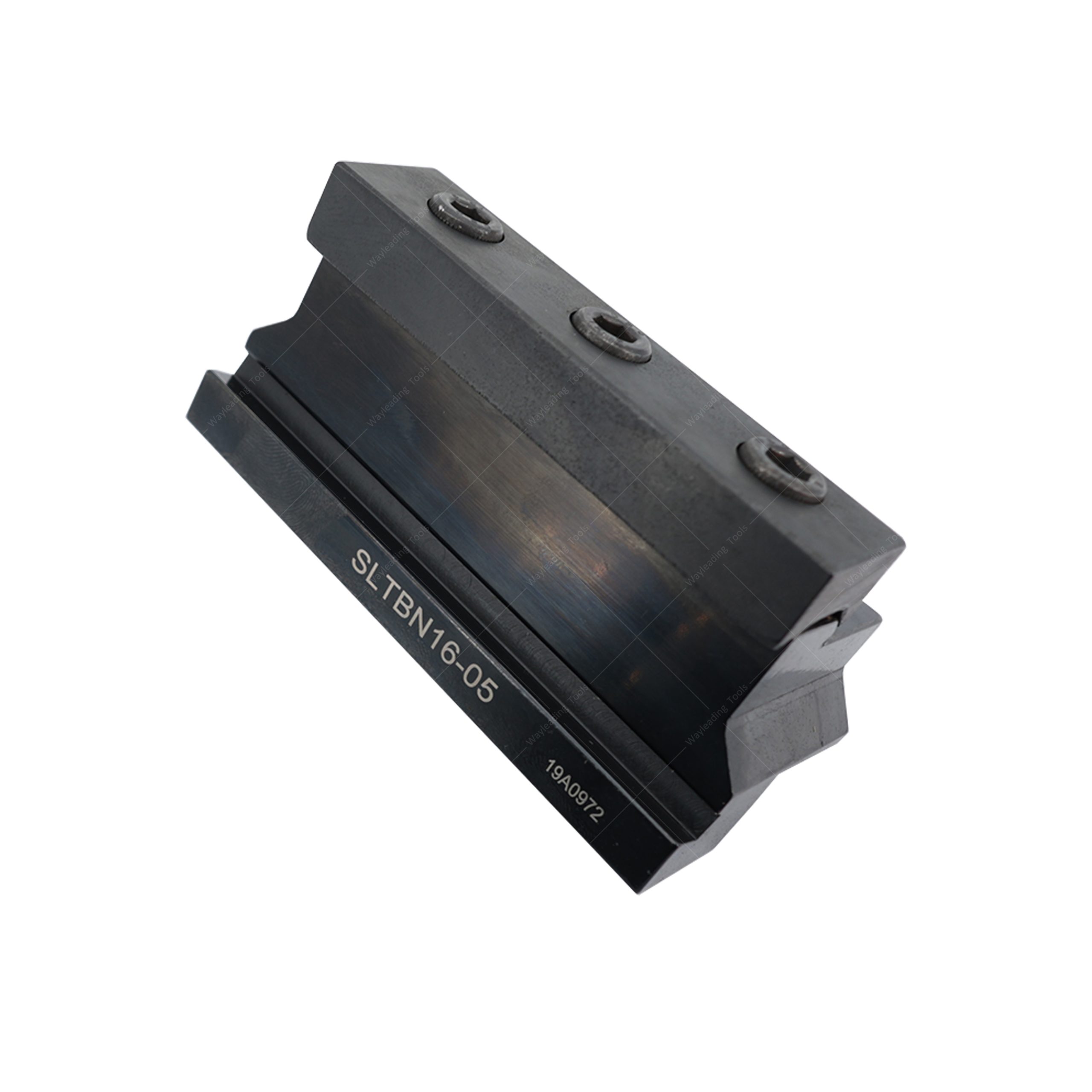Wholesale cnmm insert
Wholesale CNMM inserts are essential cutting tools used in various machining operations. They are known for their durability and ability to remove large amounts of material quickly. This guide provides a detailed overview of CNMM inserts, covering their types, applications, and factors to consider when purchasing them in bulk.
What are CNMM Inserts?
CNMM inserts are indexable cutting tools commonly used in turning operations, particularly for roughing and semi-finishing. The 'CNMM' designation refers to their shape, clearance angle, tolerance, and other specific features, which will be explained below.
Understanding the CNMM Code
The code 'CNMM' itself provides valuable information about the insert's geometry:
- C: Shape - Rhombic (80 degrees)
- N: Clearance Angle - 0 degrees
- M: Tolerance - M Class
- M: Fixing - With a hole
Types of CNMM Inserts
While the 'CNMM' designation defines the basic geometry, various subtypes exist with different chip breakers, coatings, and carbide grades. These variations tailor the insert for specific materials and machining conditions.
Chip Breakers
Chip breakers are features molded or ground into the insert's surface to control the formation and flow of chips during cutting. Different chip breakers are designed for different materials and cutting parameters.
- Roughing Chip Breakers: Designed for heavy cuts and high feed rates, producing thick, manageable chips.
- Medium Chip Breakers: Versatile for general-purpose turning of various materials.
- Finishing Chip Breakers: Optimized for light cuts and high surface finish.
Coatings
Coatings enhance the insert's performance by increasing wear resistance, reducing friction, and improving heat resistance. Common coatings include:
- Titanium Nitride (TiN): A general-purpose coating for increased wear resistance.
- Titanium Carbonitride (TiCN): Offers higher hardness and wear resistance than TiN.
- Aluminum Oxide (Al2O3): Excellent for high-speed machining of ferrous materials.
- Diamond (CVD/PCD): Provides exceptional hardness and wear resistance for machining non-ferrous materials like aluminum and composites.
Carbide Grades
The carbide grade refers to the composition of the carbide substrate. Different grades are optimized for different materials and cutting conditions.
- P Grades: For machining steel and steel alloys.
- M Grades: For machining stainless steel and heat-resistant alloys.
- K Grades: For machining cast iron and non-ferrous metals.
Applications of CNMM Inserts
Wholesale CNMM inserts are primarily used in turning operations on lathes, but they can also be used in boring applications. They are well-suited for:
- Roughing: Removing large amounts of material quickly.
- Semi-Finishing: Achieving a near-net shape with good surface finish.
- Turning: Creating cylindrical parts with precision.
- Facing: Creating flat surfaces perpendicular to the axis of rotation.
Factors to Consider When Purchasing Wholesale CNMM Inserts
Buying wholesale CNMM inserts requires careful consideration of several factors to ensure optimal performance and cost-effectiveness.
Material to be Machined
The material being machined is the most critical factor in selecting the appropriate insert. Different materials require different carbide grades, coatings, and chip breakers.
Cutting Parameters
Cutting parameters such as cutting speed, feed rate, and depth of cut also influence insert selection. Higher speeds and feeds generally require more wear-resistant coatings and stronger carbide grades.
Machine Tool
The rigidity and power of the machine tool should also be considered. Less rigid machines may require inserts with sharper cutting edges and lower cutting forces. You can get good quality cutting tools at Wayleading Tools.
Insert Size and Geometry
Ensure that the insert size and geometry are compatible with the tool holder being used. Also, consider the insert's nose radius, which affects surface finish and cutting forces.
Quantity and Price
When purchasing wholesale CNMM inserts, compare prices from different suppliers to ensure you are getting a competitive rate. Consider the quantity needed and whether bulk discounts are available. Factor in shipping costs and lead times as well.
Benefits of Buying Wholesale
Purchasing wholesale CNMM inserts offers several advantages:
- Cost Savings: Buying in bulk typically results in lower per-unit costs.
- Inventory Management: Having a sufficient supply of inserts on hand reduces downtime and improves productivity.
- Consistent Performance: Using the same type of insert ensures consistent results and reduces the need for frequent tool changes.
Where to Buy Wholesale CNMM Inserts
Several options exist for purchasing wholesale CNMM inserts:
- Direct from Manufacturers: Some manufacturers offer direct sales to end-users.
- Industrial Distributors: Distributors typically carry a wide range of brands and offer technical support.
- Online Retailers: Online retailers offer convenience and competitive pricing, but it's important to choose reputable suppliers.
When choosing a supplier, consider their reputation, product quality, pricing, and customer service. Wayleading Tools is a reliable supplier, known for high-quality cutting tools and excellent customer support.
Troubleshooting Common Issues
Premature Wear
If inserts are wearing out too quickly, consider the following:
- Incorrect Cutting Parameters: Reduce cutting speed, feed rate, or depth of cut.
- Insufficient Cooling: Ensure adequate coolant flow to the cutting zone.
- Incorrect Grade: Select a more wear-resistant carbide grade and coating.
Chipping or Breakage
If inserts are chipping or breaking, consider the following:
- Excessive Vibration: Improve machine tool rigidity and reduce cutting forces.
- Interrupted Cuts: Use a tougher carbide grade with a stronger edge.
- Workpiece Instability: Ensure the workpiece is securely clamped.
Poor Surface Finish
If the surface finish is not satisfactory, consider the following:
- Incorrect Nose Radius: Use a smaller nose radius for finer finishes.
- Excessive Feed Rate: Reduce the feed rate.
- Tool Wear: Replace worn inserts.
Conclusion
Wholesale CNMM inserts are versatile and essential cutting tools for a wide range of machining operations. By understanding the different types of inserts, their applications, and the factors to consider when purchasing them, you can optimize your machining processes, reduce costs, and improve productivity.
Related products
Related products
Best selling products
Best selling products-
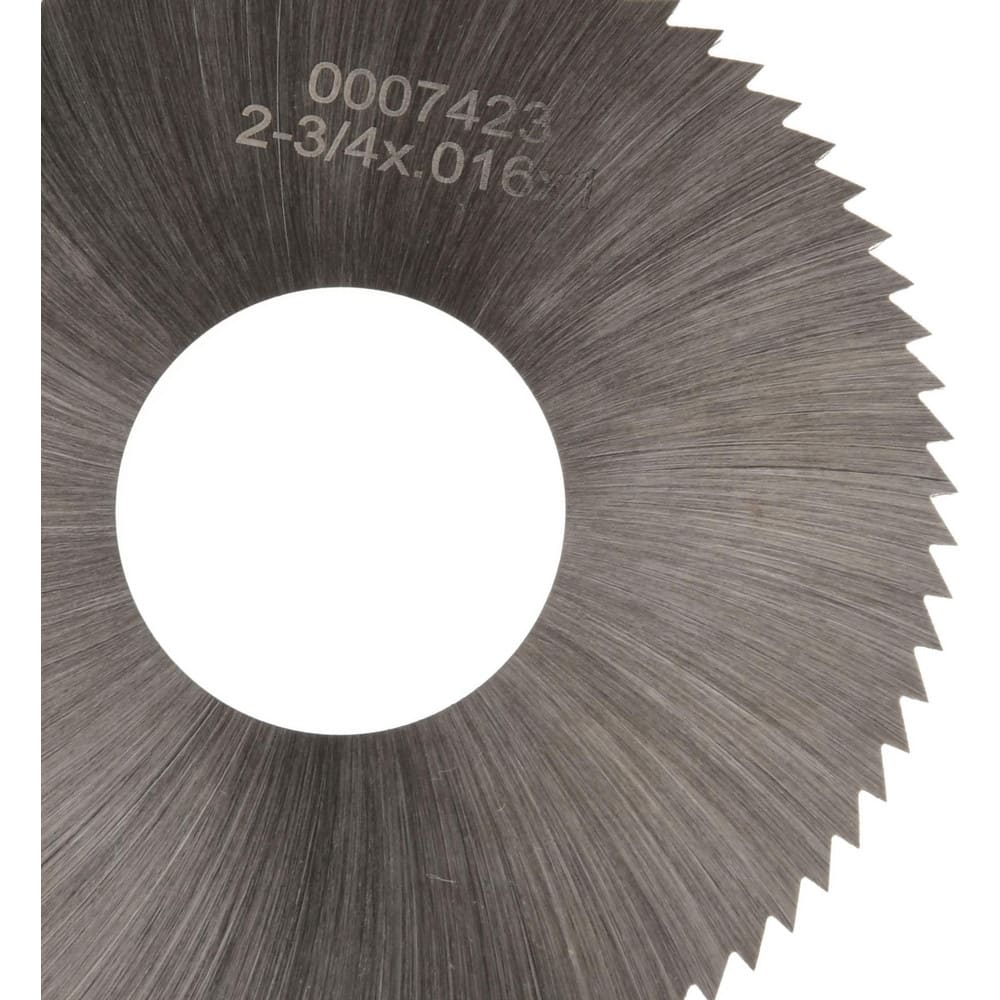 HSS Inch Plain Metal Slitting Saws For Industrial
HSS Inch Plain Metal Slitting Saws For Industrial -
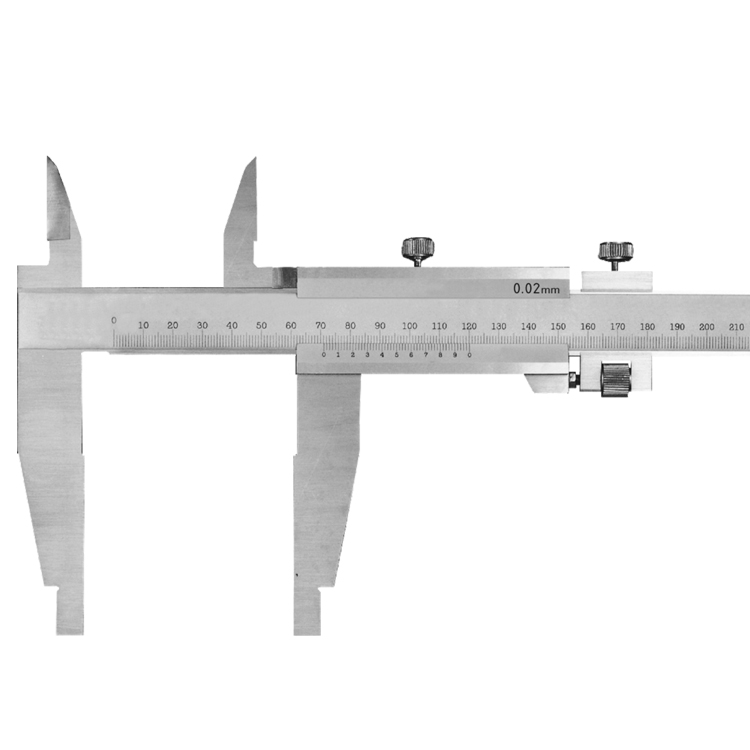 Precision Monoblock Vernier Caliper With Nib Style & Standard Style Jaws Of Metric & Imperial For Industrial
Precision Monoblock Vernier Caliper With Nib Style & Standard Style Jaws Of Metric & Imperial For Industrial -
 Metric HSS Step Drills With Straight Flute
Metric HSS Step Drills With Straight Flute -
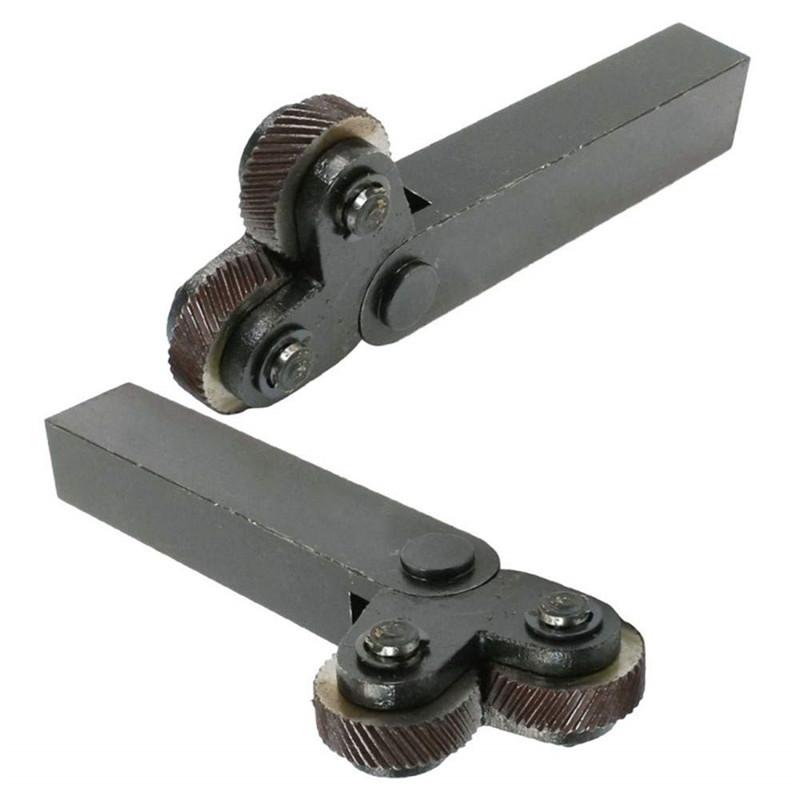 Dual Wheel Knurling Tools With Diamond Pattern For Industrial Type
Dual Wheel Knurling Tools With Diamond Pattern For Industrial Type -
 Single Wheel Knurling Tools With Straight Pattern For Industrial Type
Single Wheel Knurling Tools With Straight Pattern For Industrial Type -
 HSS Metric 4 Flute End Mills With Bright Or TiN And TiAlN Coated
HSS Metric 4 Flute End Mills With Bright Or TiN And TiAlN Coated -
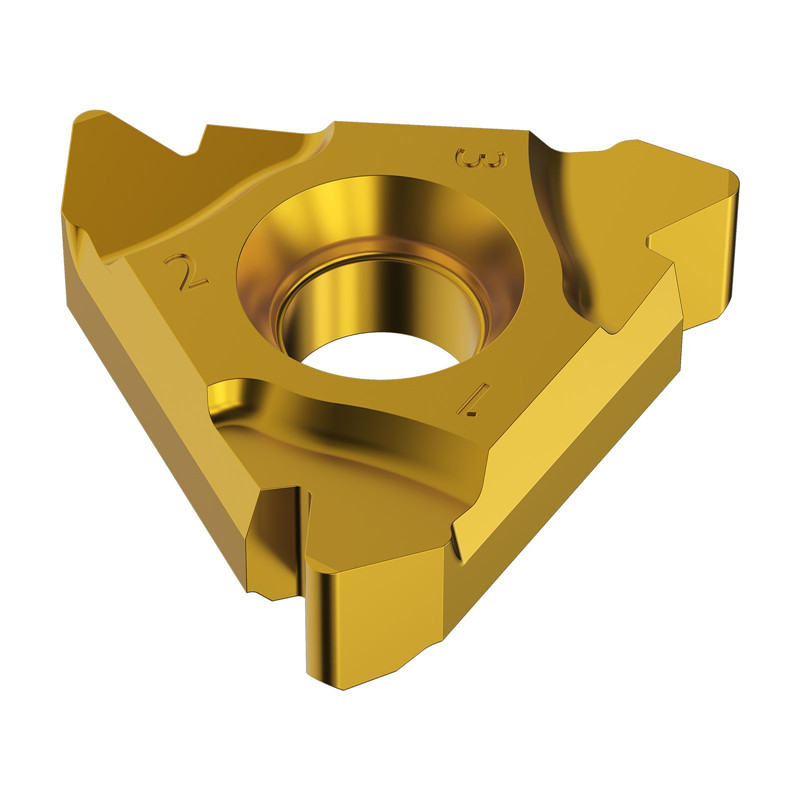 Partial profile 60° Threading Insert With ER & IR Type
Partial profile 60° Threading Insert With ER & IR Type -
 Precision Vernier Caliper With Nib Style Jaws Of Metric & Imperial For Industrial
Precision Vernier Caliper With Nib Style Jaws Of Metric & Imperial For Industrial -
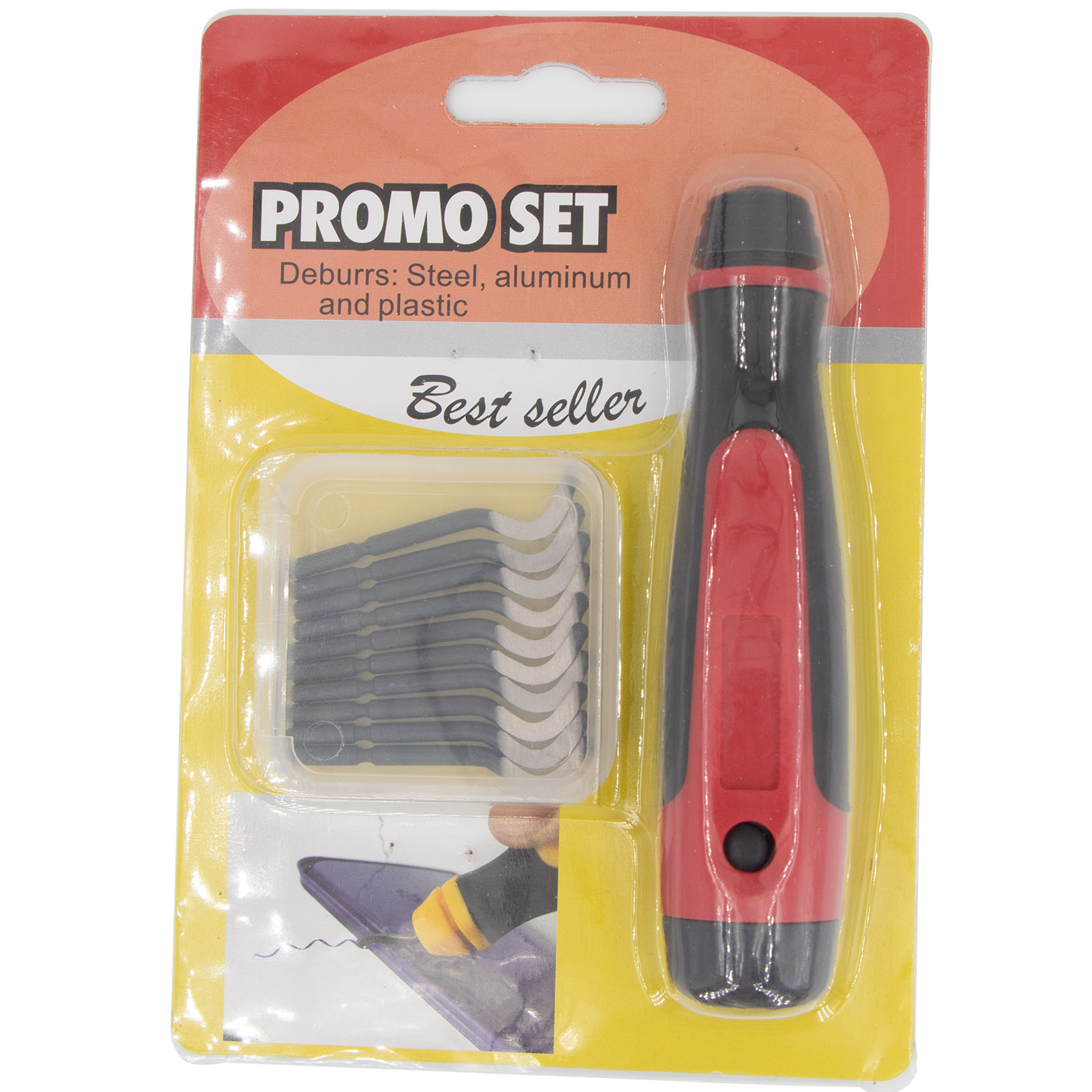 Type E Heavy Duty Deburring Tool Set With Deburring Holder And Deburring Blade
Type E Heavy Duty Deburring Tool Set With Deburring Holder And Deburring Blade -
 Precision Digital Caliper Of With Metric & Inch Size For Industrial
Precision Digital Caliper Of With Metric & Inch Size For Industrial -
 Digital Depth Gauge With Stainless Steel For Industrial Type
Digital Depth Gauge With Stainless Steel For Industrial Type -
 Precision Outside Micrometer Of Inch & Metric With Rachet Stop
Precision Outside Micrometer Of Inch & Metric With Rachet Stop
Related search
Related search- QE parting and grooving insert Factories
- 3pcs indexable countersink Supplier
- american taper pipe full profile threading insert Manufacturer
- hss lathe tools Suppliers
- MSSN turning tool holder Suppliers
- ER Collets Factory
- R8 Hex collet
- sn indexable thread turning tool Manufacturers
- morse taper adapter Factories
- micrometer caliper Manufacturers



